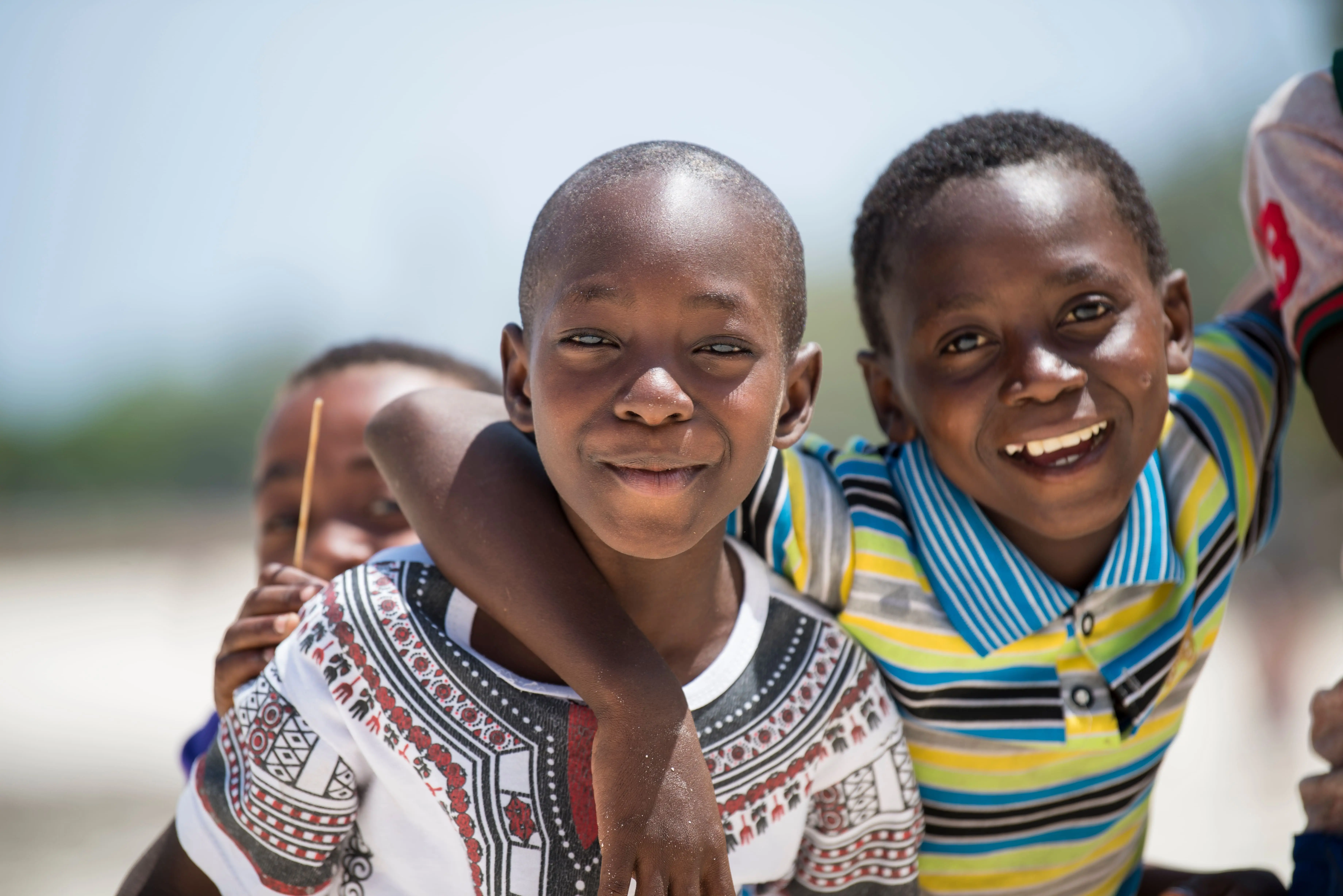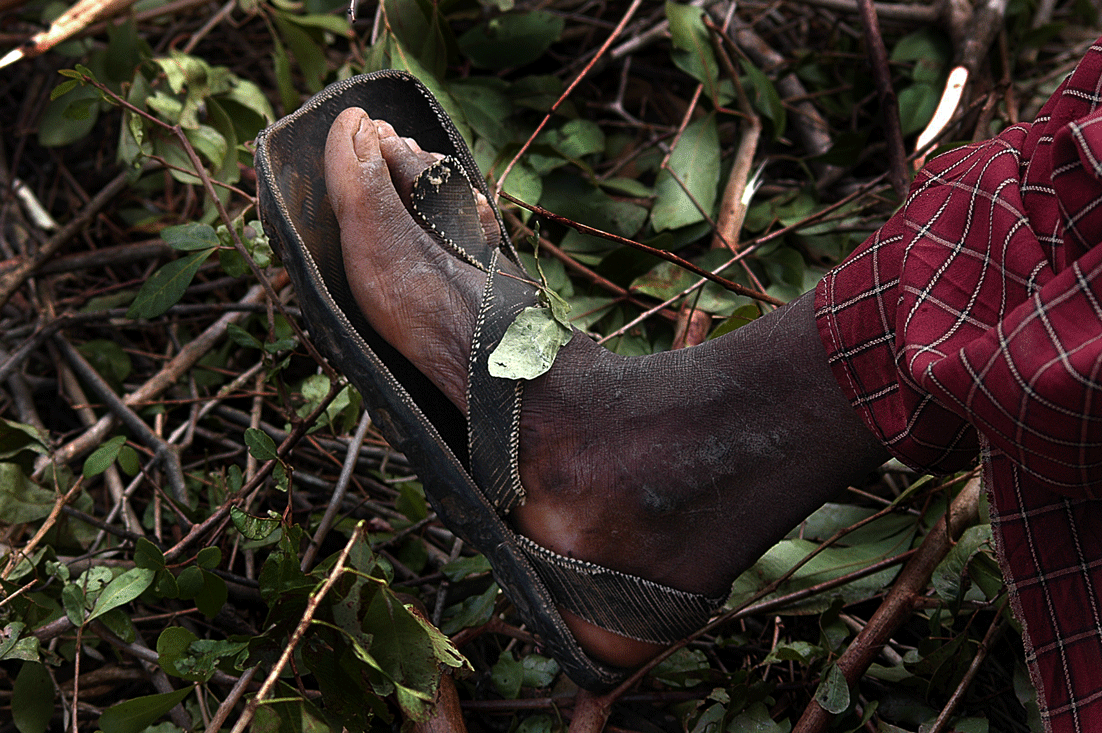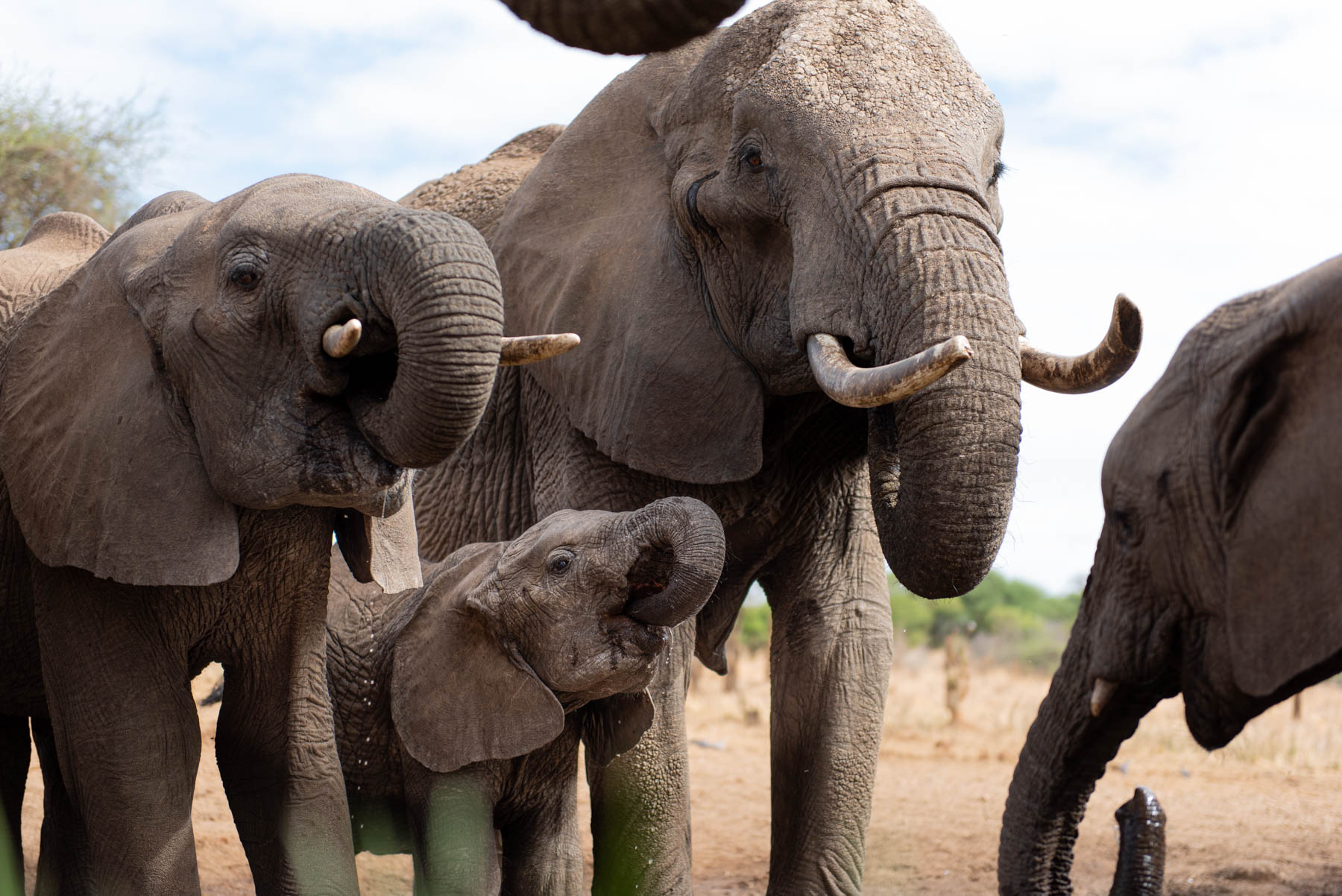JOURNAL
Words to deepen your safari journey
Embarking on a safari is not only a journey through wild landscapes but also a chance to immerse yourself in the rich tapestry of East African culture. One of the simplest and most rewarding ways to deepen your connection to the land and its people is through language and what better place to start than with Swahili? Spoken by millions across Tanzania, Kenya, Uganda, and beyond, Swahili (or Kiswahili) is more than communication; it is a living reflection of the region’s shared history, culture, and spirit.
Swahili’s story begins along the eastern coast of Africa, where Arab traders, Bantu-speaking communities, Persian merchants, and Portuguese explorers crossed paths centuries ago. Their exchange of goods, stories, and traditions shaped a language rooted in Bantu grammar yet enriched with Arabic, Persian, and later European influences. Over time, Swahili became the lingua franca of East Africa and a thread linking diverse cultures across a vast landscape.
.webp)
Today, Swahili remains the heartbeat of Tanzania. Its musical rhythm mirrors the warmth of the people and the openness of the wilderness i making it an essential part of the safari experience. Learning just a handful of words can transform your journey, spark laughter, invite connection, and offer a glimpse into the daily life of those who call this land home.
Below, we’ve gathered some of the Swahili words you’ll hear most often during your time at Nimali, some useful, some poetic, and some simply fun!
Start with these friendly Swahili basics
- Jambo – Hello
The universal greeting that breaks the ice with warmth. Saying “jambo” as you meet guides, staff, or fellow travellers instantly bridges cultural gaps and signals your respect for the local way of life. - Hakuna shida – No problem
If hakuna matata is the version the world knows, this is the phrase Tanzanians actually use. You’ll hear it when plans shift slightly or when staff reassure you that all is well with the same carefree spirit, but more authentic. - Habari – How are you?
A friendly way to check in and start a conversation, “habari” is often met with “nzuri” (fine) - a simple exchange that connects you to everyday life. - Asante – Thank you
Expressing gratitude goes a long way, and “Asante” is the word that keeps doors open and spirits high. For a bit of extra politeness, try “Asante sana” - thank you very much. - Karibu sana – You are most welcome
A phrase you’ll hear often at Nimali. It’s more than hospitality - it’s a heartfelt embrace, a way of saying, “This place is yours too.”

Local lingo you’ll pick up along the way
- Pikipiki – Motorbike
Common everyday slang for motorbike transportation in Tanzania. If someone says “Nitaenda kwa pikipiki,” they’re simply heading off on a bike. - Katambugas – Rubber flip-flops
A slang Tanzanian term used for the inexpensive plastic sandals worn all over East Africa. Fun to know and not to be confused with the traditional Maasai tyre sandals known as akala.

Wildlife words to bring your safari to life
- Simba – Lion
No safari vocabulary list is complete without “simba.” The majestic "king of the bush" is not only a symbol of strength but a constant companion to your stories from the wild. - Duma – Cheetah
Sleek and swift, the duma is the sprinter of the savannah - a rare, graceful sight. - Tembo – Elephant
The gentle giants that roam the plains are known as “tembo” — a word that carries with it the awe and respect these creatures command. - Twiga – Giraffe
With their elegant necks reaching skyward, “twiga” is a word that evokes the grace and beauty of Tanzania’s savannah. - Maji – Water
Essential to life, “maji” reminds us of the vital role water plays in sustaining the delicate balance of the ecosystem you’re exploring.

Swahili phrases that capture the rhythm of safari
- Hakuna shida – No problem
If hakuna matata is the version the world knows, this is the phrase Tanzanians actually use. You’ll hear it when plans shift slightly or when staff reassure you that all is well with the same carefree spirit, but more authentic. - Pole pole – Slowly, slowly
More than a phrase, it’s a philosophy. Pole pole encourages you to breathe, slow down, and savour the moment - the true rhythm of a safari. - Askari – Night guard
A familiar word during your stay. Our askaris accompany you safely after dark, sharing sightings and stories under the quiet magic of the stars. Take a moment to listen because they have many tales to tell. - Lala salama – Sleep well
A soft goodnight wish. In the stillness of the bush, it lands gently as a promise of peaceful rest under canvas, with the sounds of Africa as your lullaby.

And finally... A word you already know
- Safari – Journey
A reminder that East Africa is not only the birthplace of the safari, but that every safari is as much an inner journey as it is an outward adventure.
Learning a few Swahili words adds depth, meaning, and a touch of joy to your time at Nimali. It’s a way to honour the people who call this land home, appreciate the wildlife that shares it, and feel more connected to the landscapes unfolding around you.
We encourage guests to embrace this cultural dimension, whether it’s through casual greetings, conversations with guides, or simply listening to the local stories that shape the region’s soul. Because every journey in Tanzania is enriched by the language that flows through its wild heart.













